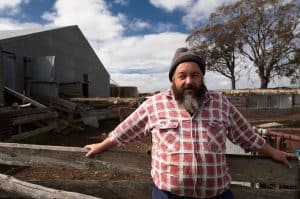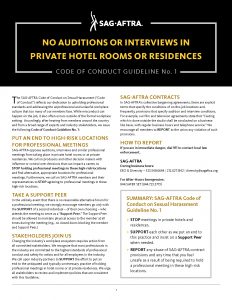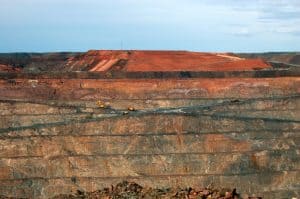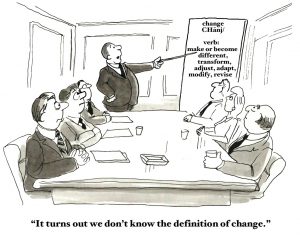 Today the Medical Journal of Australia released a media statement entitled:
Today the Medical Journal of Australia released a media statement entitled:
“FIFO workers’ psychological distress “alarming””
What is more alarming is that the levels of psychological distress have remained high even though there have been inquiries into the mental health of Fly-In Fly-Out workers in Western Australia and Queensland since 2014!!
Western Australian research undertaken by

 Australia’s occupational health and safety (OHS) agenda seems largely dictated by high risk industries like construction in some States and the mining sector in others. But agriculture is common to all Australia States and is consistently included in the official and unofficial workplace fatality data. New research has been released into serious farm injuries and which voices are the most effective in improving the situation.
Australia’s occupational health and safety (OHS) agenda seems largely dictated by high risk industries like construction in some States and the mining sector in others. But agriculture is common to all Australia States and is consistently included in the official and unofficial workplace fatality data. New research has been released into serious farm injuries and which voices are the most effective in improving the situation. Australia’s occupational health and safety (OHS) profession was late to the process of certifying its members. The
Australia’s occupational health and safety (OHS) profession was late to the process of certifying its members. The 


